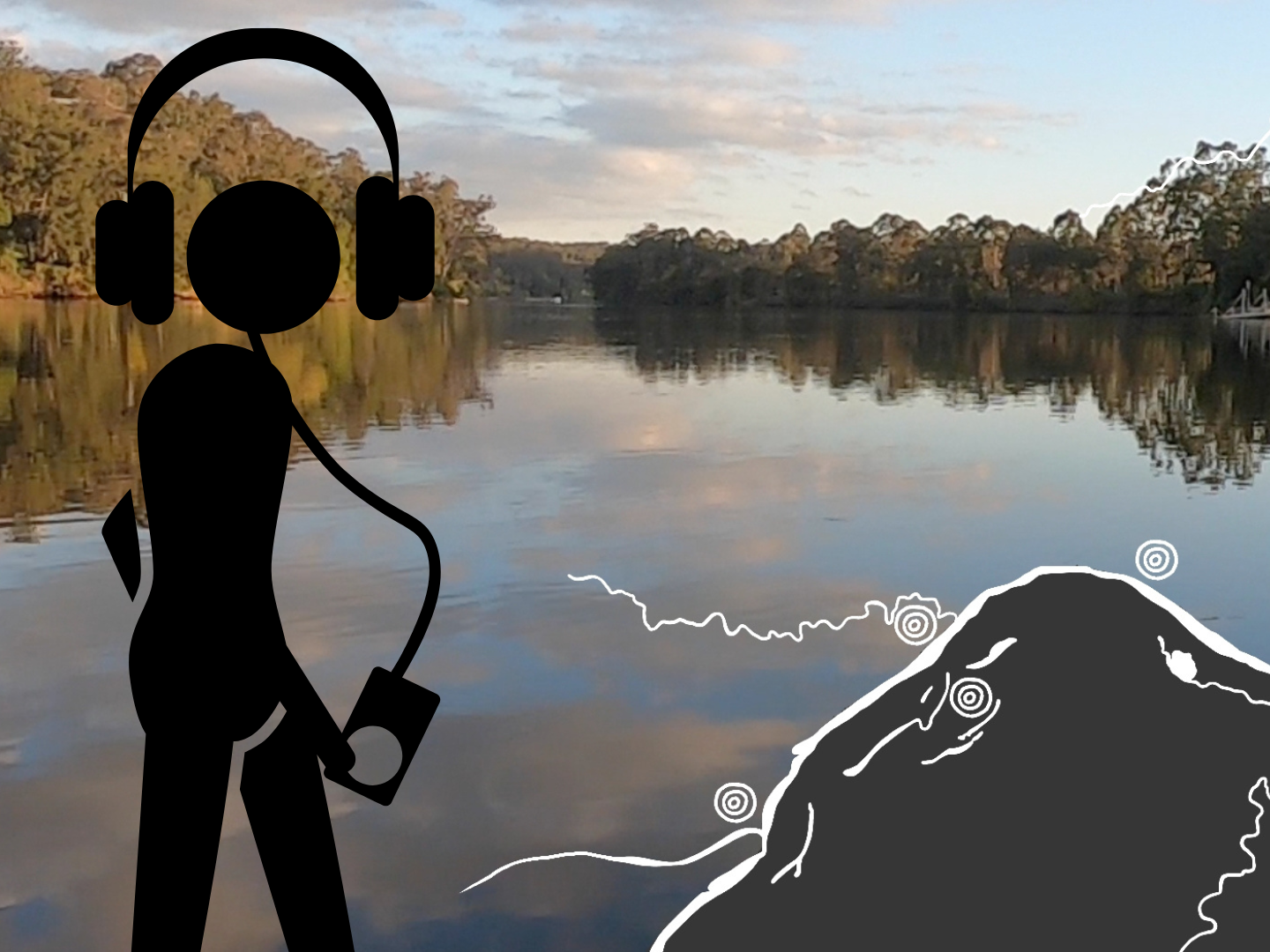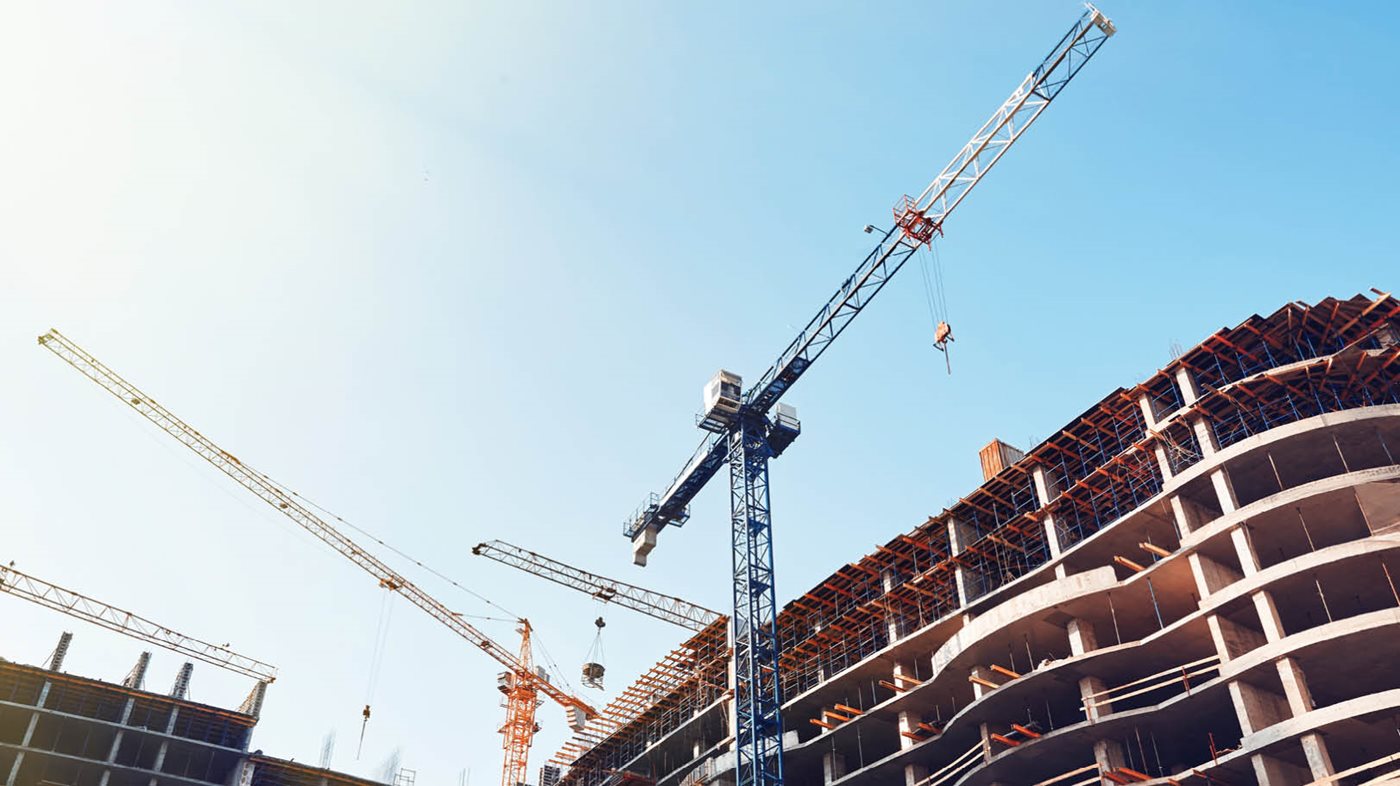NSW Farmers has welcomed a Parliamentary Inquiry into undergrounding powerlines, calling it a win for common sense and community safety.
Multiple renewable energy projects proposed or under construction in regional areas would require new power lines to connect them to the grid, Energy Transition Working Group chair Reg Kidd said, but too often landholders were being ignored by the big developers.
“We support a robust inquiry, because it will find that there are places where undergrounding wires is a win-win for production and community amenity that has not been addressed to date,” Mr Kidd said.
“Until now undergrounding has been ignored or dismissed as too expensive, not because of a cost/benefit analysis, but rather through the lack of will to fully investigate the impacts of huge infrastructure on rural communities.
“There has been a lot of just drawing lines on maps and justifying route selection in order to minimise cost and get onto the next project, and the real impacts of above ground infrastructure have not been assessed, and this is what this inquiry will reveal.”
While proponents said overhead powerlines were cheaper than running lines underground, Mr Kidd said, those claims did not stack up when compared to the damage caused by bushfires.
According to a Wollongong University study, there was strong evidence the consequences of fires caused by transmission were worse than fires from other causes, and that fires caused by electrical faults were more prevalent and burned larger areas during elevated fire danger conditions. The total economic cost of bushfires was set to almost double in the next 40 years, according to a conservative estimate from Deloitte, to about $1.3 billion per year by 2060. For context, the damage from the Black Summer fires alone was estimated at $230 billion.
“We have lost hundreds of people to these horrific bushfires, and the economic cost is in the hundreds of billions,” Mr Kidd said.
“We need to improve the understanding of disaster risks – such as from overhead transmission lines – and then collaborate and coordinate to build resilience and address the long-term costs of natural disasters.
“Underground power lines might cost more now, but we would argue that if they save lives and improve firefighting efforts then that is money well spent.”
Mr Kidd said balancing the cost of underground power lines against the potential risk and losses caused by overhead power lines was vital to getting a full understanding of the situation.
“The imposition of compulsory hosting of towers and wires that severely impact operations on many properties and diminish their value can be addressed through thoughtful planning, including underground placement where appropriate,” Mr Kidd said.
“Put simply, we have heard from a number of members that they believe they are being asked to accept what would never be considered for city residents.
“We need an urgent remedy for the planning mistakes of the past and said there must be greater consideration of the lifetime costs and benefits of undergrounding power lines from the outset of every project to protect communities.”








